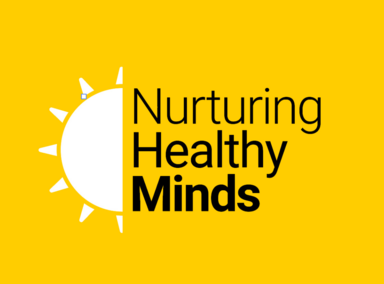Resources
If you suspect your child is at immediate risk for suicide, dial or text 988 to speak with the suicide and crisis lifeline 24/7.
Making Sense Of Stress
Stress doesn’t always equal distress and crisis.

Stress
Unsettling feelings in response to challenges that require your attention, i.e. “I am feeling really stressed out because I have a big project due tomorrow.”

Distress
Excessively challenging feelings OR acutely intense feelings in the moment, i.e. “No one at school likes me. They bully me. I will never fit in or have friends.” Or “I’m so angry right now I could hit someone.”

Crisis
Intensely difficult, sometimes unexpected, emotions or situations where coping is challenging. A crisis could result in disruption in effective functioning or a possible/actual threat to self or others (i.e. “I give up. I see no purpose or point. I don’t care anymore. I just want the pain to stop.”)
Join our community for supportive resources, insightful articles, and empowering content focused on mental well-being. Valuable insights, practical tips, and meaningful connections – straight to your inbox.
How To Respond
1. Talk to your child when and where connection can happen. Suggest a walk, a car ride, or their favorite activity and create the space for them to express their feelings without judgment.
2. Take a deep breath and ensure you are in a headspace where you can attentively listen and respond with empathy.
3. Listen actively. Hear them when they speak and demonstrate your willingness to understand.
4. Try these conversation starters:
What do you find to be helpful when you are upset or stressed?
Are there things I can do to support you when you feel upset or stressed?
Who can you talk to when you have these feelings?
Are you thinking about suicide or self-harm?
Be careful not to minimize your child's feelings. Have you ever said “well at least you don’t…” or “when I was your age…”?
Respond instead with phrases that validate their feelings and express empathy and sympathy, e.g., “I’m glad you shared that with me” or “It’s okay to feel (emotion).”
How to Help
What signs or challenges have you noticed regarding your child's mental health?
- My child has expressed feelings of sadness, hopelessness, or worthlessness.
- My child frequently complains of physical symptoms like headaches, stomachaches, or other pains without a clear medical cause.
- My child's academic performance has changed, e.g., a sudden decline in grades or lack of interest in school.
- My child has started to withdraw from social activities, spending more time alone, and avoiding interactions with friends and family.
- My child has expressed feelings of being overwhelmed, anxious, or worried about various aspects of life.
- My child's routines or self-esteem has changed, e.g. trouble sleeping, changes in appetite/eating behavior/relationship with food, or negative body image.
- My child has expressed thoughts of self-harm, suicide, or other signs of self-destructive behavior.
Helpful Resources
Scanlan Center Resources for Parents / Caregivers
Where To Go If You Need Help
Flyers/Posters - English
Flyers/Posters - Spanish
Join our community for supportive resources, insightful articles, and empowering content focused on mental well-being. Valuable insights, practical tips, and meaningful connections – straight to your inbox.


